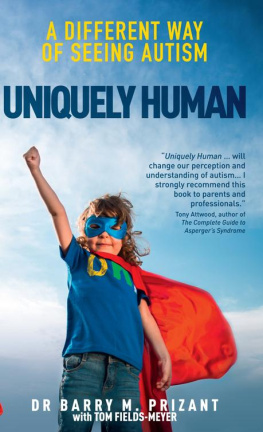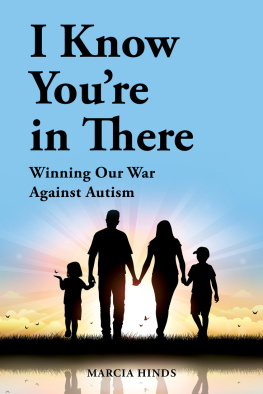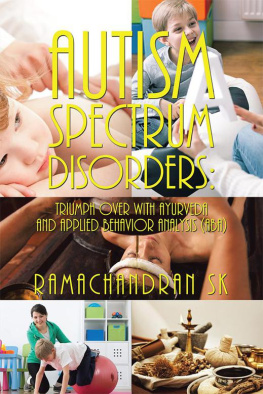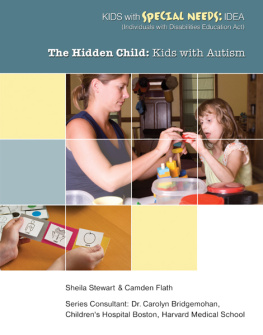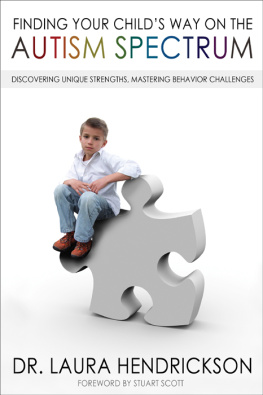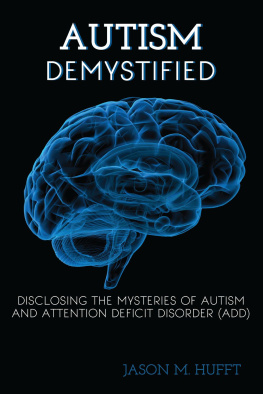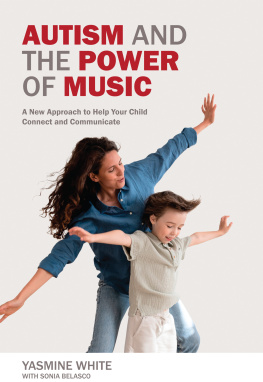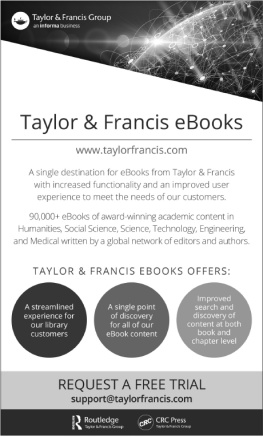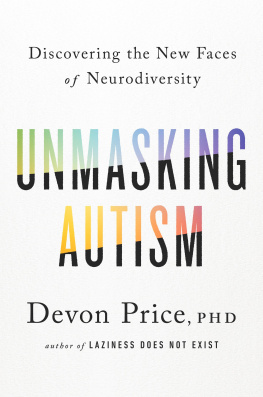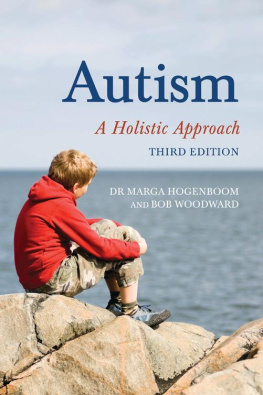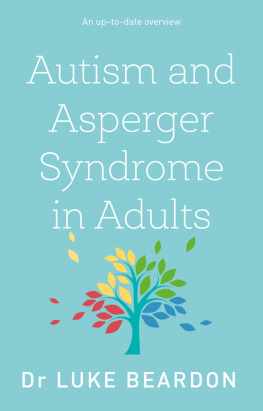Advance Praise for Uniquely Human:
A Different Way of Seeing Autism
Dr. Prizant explains the causes of behaviors associated with autism. I love his approach for understanding problems with sensory overload, anxiety, and discomfort. He provides common sense practical advice based on a forty-year career working in the trenches with both parents and teachers.
Temple Grandin, PhD, author of The Autistic Brain and The Way I See It
An excellent book that conveys what autism is like and how individuals with autism may be helped to build on their strengths and gain a greater social understanding. The approach involves much practical guidance for families and teachers, but it is refreshingly flexible and nondogmatic.
Professor Sir Michael Rutter, child psychiatrist, FRCP FRCPsych FmedSci, Institute of Psychiatry, Psychology, and Neuroscience, Kings College, London
A masterful treatise advocating for necessary changes in the way we see, understand, and provide services to persons with autism. This is a book for all parents and persons providing professional services to individuals with significant disabilities, not just those with autism. My hope is that this exceptional book will bring about the change in thinking and practice it is intended to do.
David E. Yoder, PhD, Chair and Professor Emeritus, Department of Allied Health Sciences, University of North Carolina School of Medicine, Chapel Hill
Uniquely Human is not just the perfect title for Barry Prizants book, its also an appropriate summation of Dr. Prizants career. Though a clinical scholar, he is a humanist first, and always has beena professional who is fascinated by unexamined lives that could be lived happily, yet arent. With every brilliant, illuminating example in his book, he steers us away from the traditional fix-it mentality and toward the beatific, personally rewarding detective work that the entire spectrum world would be well served to adopt. Thanks be to Barry for the first-ever must-read written for parents, educators, and clinicians.
Michael John Carley, parent-professional with ASD; founder of GRASP; and author of Aspergers From the Inside-Out
A long-awaited tour de force that parts the ever-expanding sea of books on the topic of autism. A must-read for anyone who lives with and loves a person with autism, this book should also be required for anyone who is striving to be a competent and humanistic professional.
Pamela Wolfberg, PhD, Professor of Autism Spectrum Studies, San Francisco State University; Founding Director, Autism Institute on Peer Socialization and Play; and author of Play and Imagination in Children with Autism
Elegant in its simplicity, Uniquely Human tackles extremely complex topics and how they impact school, home, and community. Compassion, learning, and supportive strategiesthe three essentials for working with folks with ASDare an integral part of this must-read book.
Michelle Garcia Winner, speech-language pathologist and founder of Social Thinking
The reverence that Dr. Prizant brings to his work with individuals with autism and their families leaps out from every page of this remarkable book, enabling him to tell the story of autism in a deeply personal way that is at once inspirational and informative. The engaging, real-life examples interspersed throughout the book serve both to illuminate the experience of autism from the inside out and to expose the folly of viewing behavior separate and apart from the motivation that fuels it. That is epochal!
Diane Twachtman-Cullen, PhD, CCC-SLP, Editor in Chief, Autism Spectrum Quarterly
From the master clinician and scholar who taught us how to channel different learning styles into successful lives of learning and adaptation, Uniquely Human shines a light onto the vast possibilities of people with autism, showing that their lives represent opportunities, not disabilities; promise, not doom. Heed his detailed guidance because therein lies not only the secret for the fulfillment of every childs promise, but also the fulfillment of the promise of our entire society.
Ami Klin PhD, Director, Marcus Autism Center; Professor and Chief, Division of Autism and Related Disorders, Department of Pediatrics, Emory University School of Medicine
To all individuals with autism and their families, in the hope that this book will help them gain what they so deserve: understanding and respect.
I N this book I have chosen to employ what is known as person-first language. Instead of referring to an autistic person or an autisticwhich makes autism a persons defining qualityI generally use phrases such as person with autism, child who has autism, or adult on the autism spectrum. I occasionally also use the term on the spectrum, which is widely accepted in the autism community. While these are my preferences, they arent ideal from all perspectives. This choice of language can sometimes make for awkward and cumbersome prose, so allow me to apologize in advance for that.
I am also aware that others, in particular some adults with autism, prefer the label autistic, feeling that autism is indeed a defining characteristic and is essential to their identity and that person-first language implies that autism is inherently bad. (In the same way, you wouldnt call someone a person with maleness but rather male or a male.) While I fully understand and respect that opinion, I have chosen otherwise for this book.
I occasionally make reference to Aspergers syndrome, which for many years was a diagnostic subcategory of Autism Spectrum Disorders in the bible of diagnosis, the Diagnostic and Statistical Manual of Mental Disorders (DSM) of the American Psychiatric Association. Although Aspergers syndrome was dropped as a formal diagnosis in its most recent edition (known as the DSM-5), the term continues to be used commonly to describe people with average or higher cognitive and language ability paired with challenges in the social realm as well as other challenges common in autism.
In referring to individuals who do not (or do not yet) communicate by speaking, I use the term nonspeaking and similar language. Others commonly refer to such people as nonverbal, but many such people use words and other symbolic means to communicate through sign language, iPads, and other alternative means.
In most cases, when the text refers in general terms to children or kids with autism, the observations are also relevant to teenagers and adults. I use the terms typical, typically developing, and neurotypical to refer to people who do not have autism.
The English language poses challenges for all writers since it has no gender-neutral pronouns. I have tried to be sensitive to gender by alternating between male and female. Of course nearly all of the material in this book applies equally to males and females. Readers will note that the majority of people I mention in examples are male. This reflects both the real world and my professional experience. Approximately four out of five people with autism are male. This also helps explain why all four of the subjects , which describes trajectories over many years, are young men. While I have met and worked with many girls and young women with autism, all of the individuals with whom I have maintained contact over two decades or more are male.

